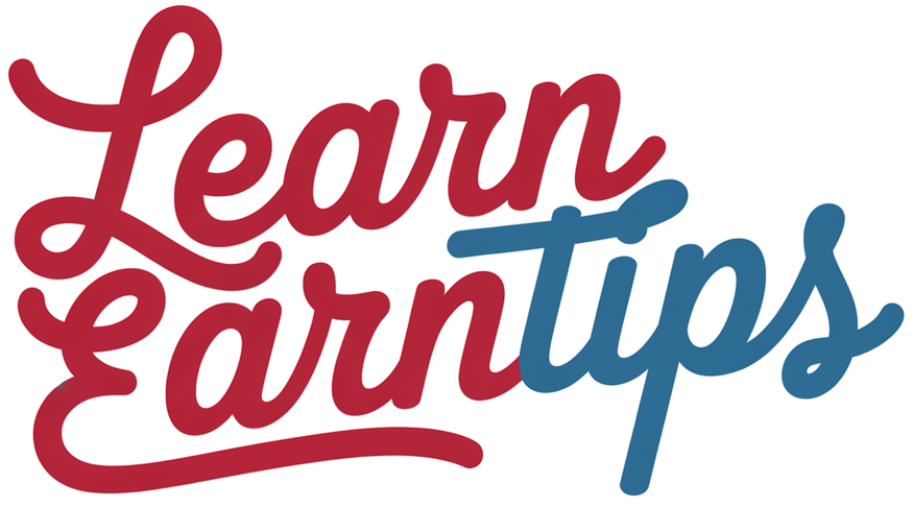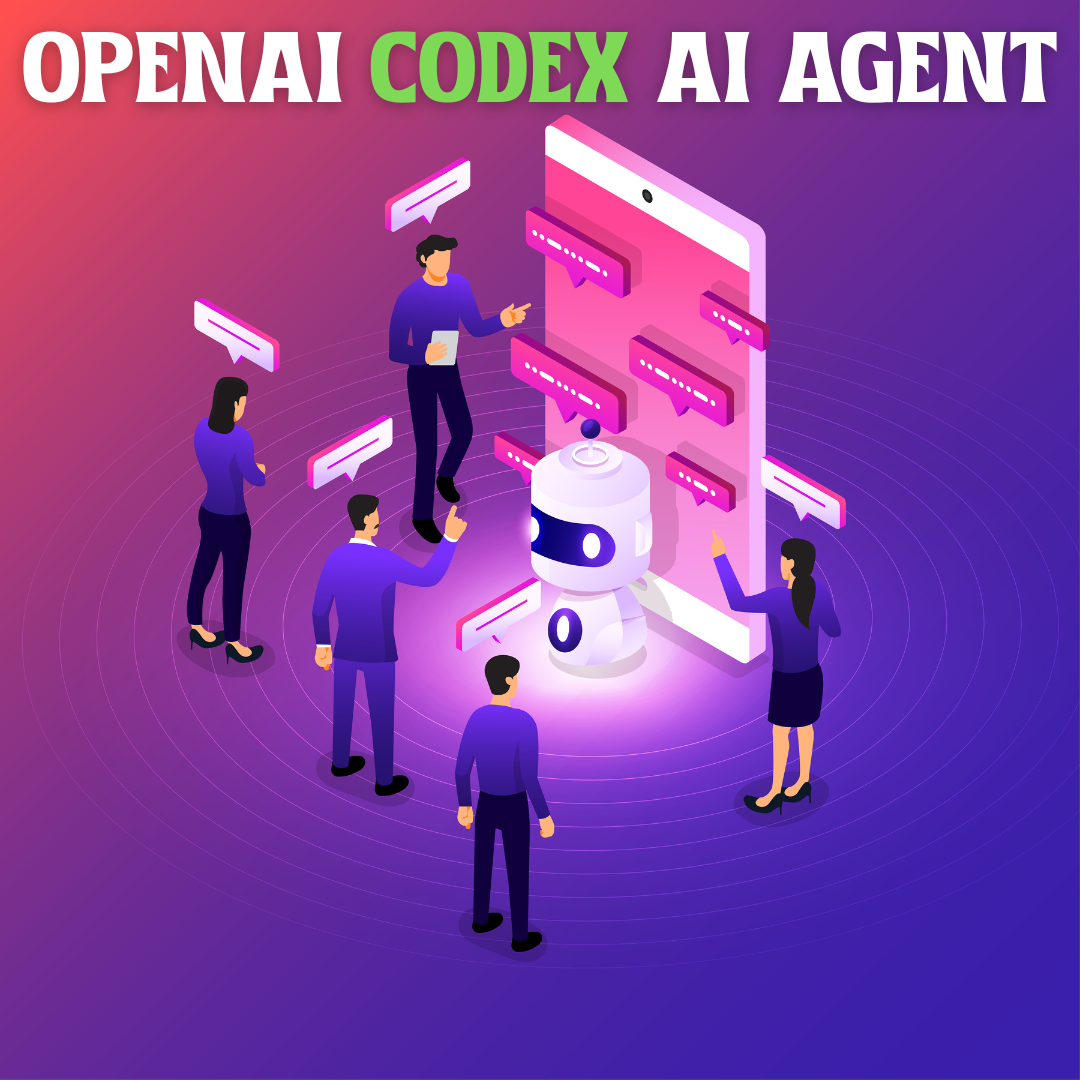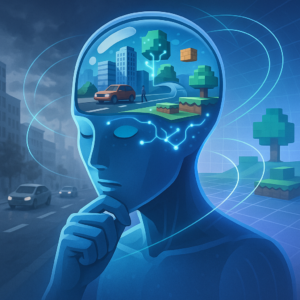Imagine if a super-smart assistant could write your code for you, understand what you’re trying to build, and actually help troubleshoot like a real teammate. Sounds futuristic, right? Well, that future might be closer than we think.
What is OpenAI’s Codex AI Agent?
The OpenAI Codex AI Agent is an advanced artificial intelligence tool currently being developed by the creators of ChatGPT. Unlike basic code completion tools, Codex is being trained to act like a full-fledged coding partner — someone (or something) who can carry out advanced programming tasks with minimal human input.
It’s not just about typing out code snippets. Codex aims to:
- Understand complex software projects
- Write entire codebases from human instructions
- Test, debug, and even deploy software independently
Sounds a bit like science fiction? Here’s the best part: OpenAI believes this could all go mainstream by 2025.
Why Is Codex a Big Deal?
Coding is no longer just for tech geeks. Today, people from every industry — from healthcare to construction — are building apps and digital tools. But here’s the thing: many of them don’t know how to code. This is where Codex could change lives.
Think about it like a recipe helper in your kitchen. You just say, “I want lasagna,” and it preps, cooks, and serves it for you. Now imagine replacing lasagna with a full-stack web app. That’s what Codex aims to do for programming.
What Can the Codex AI Agent Do?
- Translate natural language into code — no need to type complex syntax
- Handle full applications or backend systems — not just code snippets
- Work autonomously within software environments — truly an ‘agent’ not just a tool
Because of its deep integration into programming languages and developer tools, the Codex AI agent might eventually be able to run commands, fix bugs, and update apps all by itself. That’s as close to hiring a digital developer as we’ve ever been.
When Is This Happening?
OpenAI predicts that we’ll see real-world use of Codex as an autonomous AI programming agent as early as late 2024 to 2025. That’s not far away! They’re already testing it in internal environments and sandbox systems, and early feedback looks promising.
If everything goes to plan, it could start helping developers — especially those at startups and solo entrepreneurs — speed up their work dramatically.
Who Will Benefit from This?
- Professional developers: They can offload repetitive tasks and focus on higher-level decisions.
- Non-coders: Entrepreneurs and creatives could build apps by just describing them in plain English.
- Businesses: Faster product rollouts and cheaper development cycles = serious savings.
What Are the Concerns (and Should We Be Worried)?
As exciting as this is, there are a few important questions to consider. Just like with ChatGPT, if the AI isn’t properly managed, it could make mistakes or produce insecure or inefficient code.
Not to mention, some developers are understandably worried. Could Codex replace jobs? Some fear it might. But many experts believe the agent will work more as a collaborator than a competitor.
Think calculators in math class. They didn’t replace humans — they just made us faster and more accurate.
How Does This Fit into the Bigger Picture of AI?
Codex isn’t new out of nowhere. It’s actually built on top of years of research starting with earlier versions of GPT. If you’ve played around with GitHub Copilot (also built with OpenAI’s Codex), you’ve already used a very early version.
But this new “agent” model is the next big leap. Instead of just suggesting lines of code, it can actually plan, execute, and respond — kind of like a junior software engineer who never sleeps.
Which Companies Are Watching Closely?
Big tech firms — from Microsoft and Google to startups around the globe — are investing heavily in this space. Microsoft, in particular, has deep ties to OpenAI, so don’t be surprised if the Codex Agent becomes part of tools like GitHub, Azure, or even Windows Developer tools.
Imagine opening your IDE and saying, “Build me a chatbot that does XYZ,” and Codex gets it done in minutes.
Final Thoughts: Is This the Future of Coding?
In a word: Yes. While the idea of AI writing code might sound scary, it’s actually a step toward making technology more accessible. Just like smartphones and drag-and-drop website builders lowered the tech barrier, Codex could do the same for software development.
Sure, writing code the traditional way won’t disappear. But in a few years, having an AI assistant like Codex by your side could be as normal as using Google Docs or Siri today.
Let’s Recap:
- Codex AI Agent is coming by 2025
- It can write entire applications, debug, and deploy code independently
- It’s more than code-completion — it’s a collaborator
- It could change who can build software — forever
Q&A: Frequently Asked Questions About Codex
What is the main goal of the Codex AI Agent?
The goal is to create a smart AI that doesn’t just suggest code but understands, writes, tests, and even deploys full software applications — just like a human programmer.
Who can benefit from using Codex?
Everyone from experienced developers to beginners and even non-coders. Whether you’re building an app from scratch or just editing old code, Codex is designed to help speed things up.
So, What Do You Think?
Could you imagine yourself working with an AI software engineer in the near future? How would it change your job or your business?
Feel free to share your thoughts in the comments below. Let’s chat about the possibilities — and maybe the worries too — because the future of programming is happening right now.




